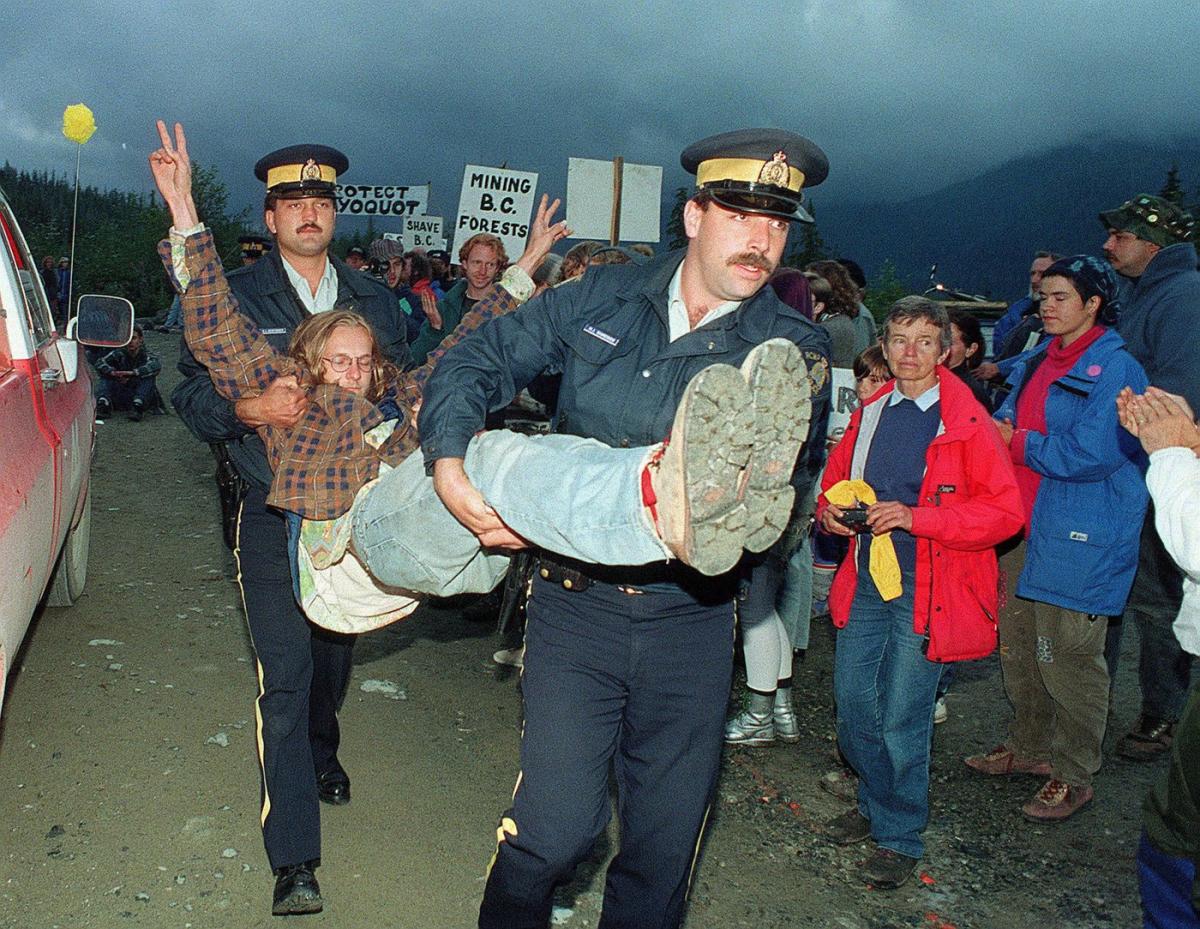Amid the glare of the 80th anniversary of the Allied landings in Normandy, the June 22 83rd commemoration of the German invasion of the Soviet Union, code-named Operation Barbarossa, went virtually unnoticed in the United States. While much of the credit for the defeat of the Nazi war machine is understandably attributed to the American, British and Canadian forces that stormed the French beaches in June 1944, one can argue with good reason that the Red Army deserves much of the credit for the Allied victory in Europe.
Let’s look at the numbers. The three German army groups that attacked the open western approaches to the Soviet Union in late June 1941 included nearly 150 divisions with about three million men, 3,000 tanks, 7,000 artillery pieces, and 2,500 aircraft, according to statistics from Britannica.com. Since this was the largest invasion force in human history, it is fair to say that the Soviet Union took the heaviest blow from the Germans. Ultimately, Soviet defensive measures, strategic errors by the Nazi high command, and the great leveling of Russian geography turned the tide of the German attack. However, the war in the east exacted a terrible price on the Soviet Union.
According to the National WWII Museum in New Orleans, the United States lost just over 400,000 people in this conflict, about half of whom died in the European theater of war. Conversely, about ten million Soviet soldiers lost their lives in the fight for survival against Hitler’s troops. Equally horrifying is that between ten and fifteen million Soviet civilians died in this conflict.
So why should we care about these morbid statistics today? When considering why Vladimir Putin is waging war against his Slavic neighbor to Russia’s west, it is important to be aware of the historical context that colors the Kremlin’s view of geopolitics. The Nazi invasion of the then Soviet Union, Operation Barbarossa, 83 years ago, still serves as a strategic prism through which Russia views perceived threats.
Moreover, the catastrophe of World War II left a lasting and deep scar on the Russian psyche due to the enormous losses, much more so than in the United States. Therefore, when Putin links the “special military operation” in Ukraine to Nazism, this accusation resonates with a population that grew up with stories of the atrocities of the German invasion.
Yes, there are certainly many reasons why Russia decided to attack Ukraine in February 2022. Vladimir Putin is obviously very angry about the Soviet Union’s ignominious defeat in the Cold War and is trying to regain some of the Kremlin’s former sovereignty over buffer states, especially in the West. Moreover, Putin undoubtedly has a tsar complex and hopes to use his military conquests to secure his legacy in Russian history alongside Peter the Great and Stalin. Equally important, the Russian autocrat fears the appeal of an open, vibrant democracy in Kyiv to his population.
Nevertheless, any analysis of Russian behavior must take into account the crucial strategic need to protect the western approaches to the Russian heartland, the inner lifeblood of the regime – Moscow, St. Petersburg, and the fertile agricultural belt to the south. While we in the West have good reasons to believe that the North Atlantic Treaty Organization (NATO) is a defensive alliance, leaders in the Kremlin, possessed by an instinctive sense of insecurity, rightly or wrongly perceive a growing threat. This fear is particularly palpable given Ukraine’s stated goal of joining the alliance, which would potentially put NATO troops just 500 kilometers from the Kremlin’s gates. These perceptions are based on the terrible tragedies of Russian history, marked by the devastating invasions of the Mongols, Napoleonic France, and, more recently, Hitler’s Wehrmacht.
The point of this commentary is not to defend or justify a revanchist Moscow’s obviously defenseless and unjustified attack on a sovereign, peaceful country. Rather, it is to explain the historical backdrop against which Vladimir Putin and his Kremlin cronies are operating. To understand what drives Moscow’s actions, one must focus on what Russians believe, not what we believe.




